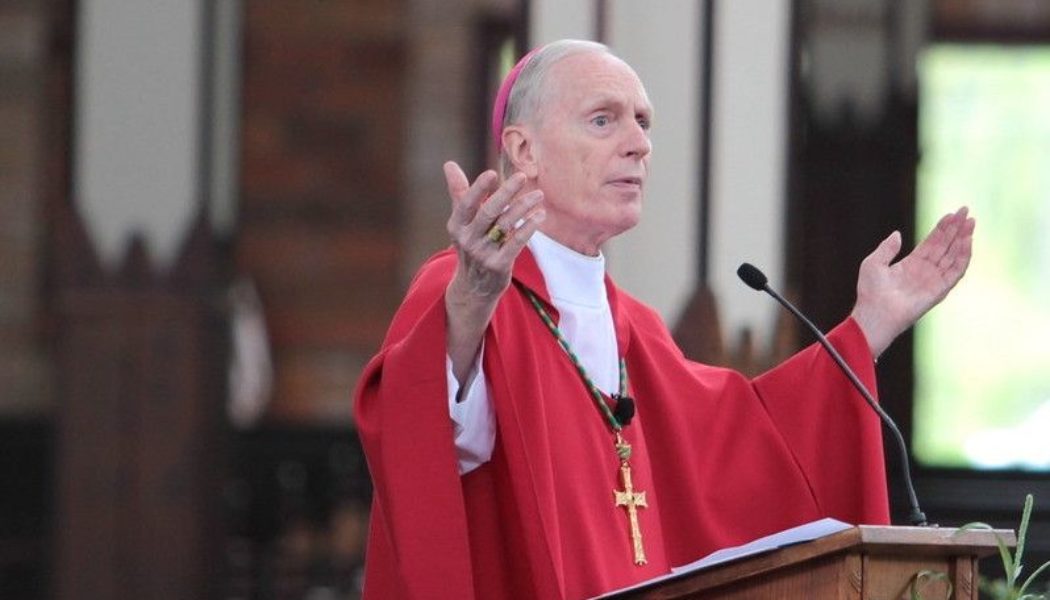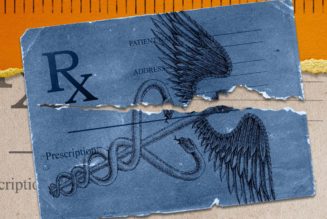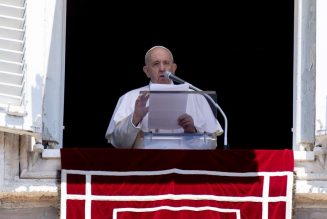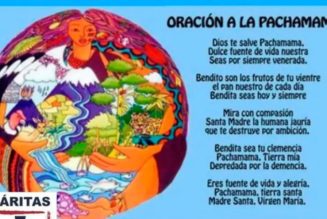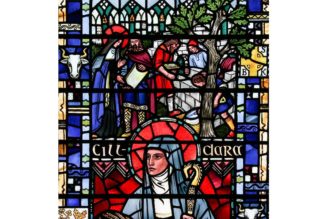
Editor’s note: This report was updated Sat. Nov. 19 to include a statement from the Albany diocese.
Bishop Howard Hubbard has petitioned Pope Francis for laicization, the former bishop of Albany announced Friday.
Hubbard, 84, is facing allegations of sexually abusing minors, and has admitted to knowingly reassigning abuser priests and failing to report instances of abuse to law enforcement.
The bishop said his decision to be laicized came because of restrictions on his ministry as a priest – a claim the Albany diocese rejected as untrue on Saturday.
And while Hubbard has declined to answer questions about the matter, sources have instead told The Pillar that the bishop has expressed the hope to marry if he is laicized by the Vatican.
The bishop announced via a statement Nov. 18 that he had asked the Vatican for leave from the clerical state, an unusual move for a bishop, especially a retired one.
Hubbard’s statement did not offer any indication of his future plans beyond hoping to “serve God and the people of our community as a lay person.”
But sources close to the Albany diocese have told The Pillar that Hubbard has asked for a specific dispensation from the obligation of clerical celibacy, and intends to marry once laicized.
The same sources told The Pillar that the bishop has begun a relationship with a woman several decades his junior.
Hubbard retired as Bishop of Albany in 2014.
He was accused in 2019 of sexually abusing a teenage boy in the 1990s, and in 2020 of abusing a minor on a parish bus in 1975. The bishop has denied both charges, but in additional to civil lawsuits, he is facing a Vatican-ordered investigation under the norms of Vos estis lux mundi, which is being conducted by the Archdiocese of New York.
The bishop’s Nov. 18 statement, first reported by The Evangelist, the Diocese of Albany’s diocesan newspaper, said that Hubbard was seeking laicization because of his alleged inability to exercise priestly ministry while the subject of an abuse allegation.
Hubbard claimed that in recent years his priesthood had been curtailed by a diocesan policy prohibiting his exercise of ministry.
“I had hoped that in my retirement I might be able to continue to serve our community as a priest,” Hubbard said. “I am not able to do so, however, because of a church policy that prohibits any priest accused of sexual abuse from functioning publicly as a priest, even if the allegations are false, as they are in my case.”
The bishop claimed to support that policy, “despite the impact” on him, calling it “a necessary means to maintain and restore public confidence in our clergy.”
“In my particular case, the effect of the policy has been to deprive me of the single greatest joy of my life – serving our community as a Catholic priest in my retirement years,” the bishop said.
But despite Hubbard’s claims Friday, there are no publicly known restrictions imposed on his priestly ministry, and bishops are not usually removed from ministry while under investigation for sex abuse allegations.
On Saturday, the Diocese of Albany released a statement which indicated that Hubbard’s claim was not true.
The statement noted that Hubbard is not operating under imposed ministry restrictions in the diocese.
Instead, Hubbard announced in 2019 that he was taking an “voluntary leave of absence” in order to demonstrate that Church leaders “are living in accord with the highest standards that our sacred ministry requires.”
“In the case of Bishop Hubbard, it is he alone who voluntarily removed himself from any public celebration of sacraments,” the Albany diocese said in its Nov. 19 statement, which was released after The Pillar questioned the veracity of Hubbard’s claims.
Under canon law, clerics of any rank may petition the pope for a dispensation from the rights and obligations of the clerical state. Although they remain sacramentally ordained priests and bishops when dispensations are granted, they cannot licitly exercise any ministry except in certain carefully defined circumstances usually involving immediate danger of death.
While priests and bishops can be stripped of the clerical state following a canonical trial, a dispensation from the clerical state can also be granted after a petition to the pope. Such a laicization is canonically considered a “favor” and is not a punishment.
A laicized bishop or priest must receive specific dispensation from the clerical obligation of celibacy in order to marry validly.
Sources familiar with Hubbard’s situation told The Pillar that the bishop had made the specific request for a dispensation from celibacy and that the Vatican had been informed of his intentions to attempt marriage.
Mark Behan, a spokesperson for Hubbard, told The Pillar Friday that the bishop has “said everything he wants to say in the statement,” and added that Hubbard “is looking for privacy.”
Behan would not confirm or deny reports that Hubbard intends to marry, and instead directed The Pillar to the bishop’s statement.
Albany’s Bishop Edward Scharfenberger released a statement on Friday which said he was praying for his predecessor.
“Whatever considerations and circumstances may have led to this decision, most probably after a difficult process of discernment, we offer him our prayers and our hopes for happiness and well-being. This news may be shocking and painful for clergy and laypersons who know and love Bishop Hubbard and have appreciated his many years of ministry. I offer Bishop Hubbard my own prayers and fraternal assistance,” Scharfenberger wrote.
Join Our Telegram Group : Salvation & Prosperity
